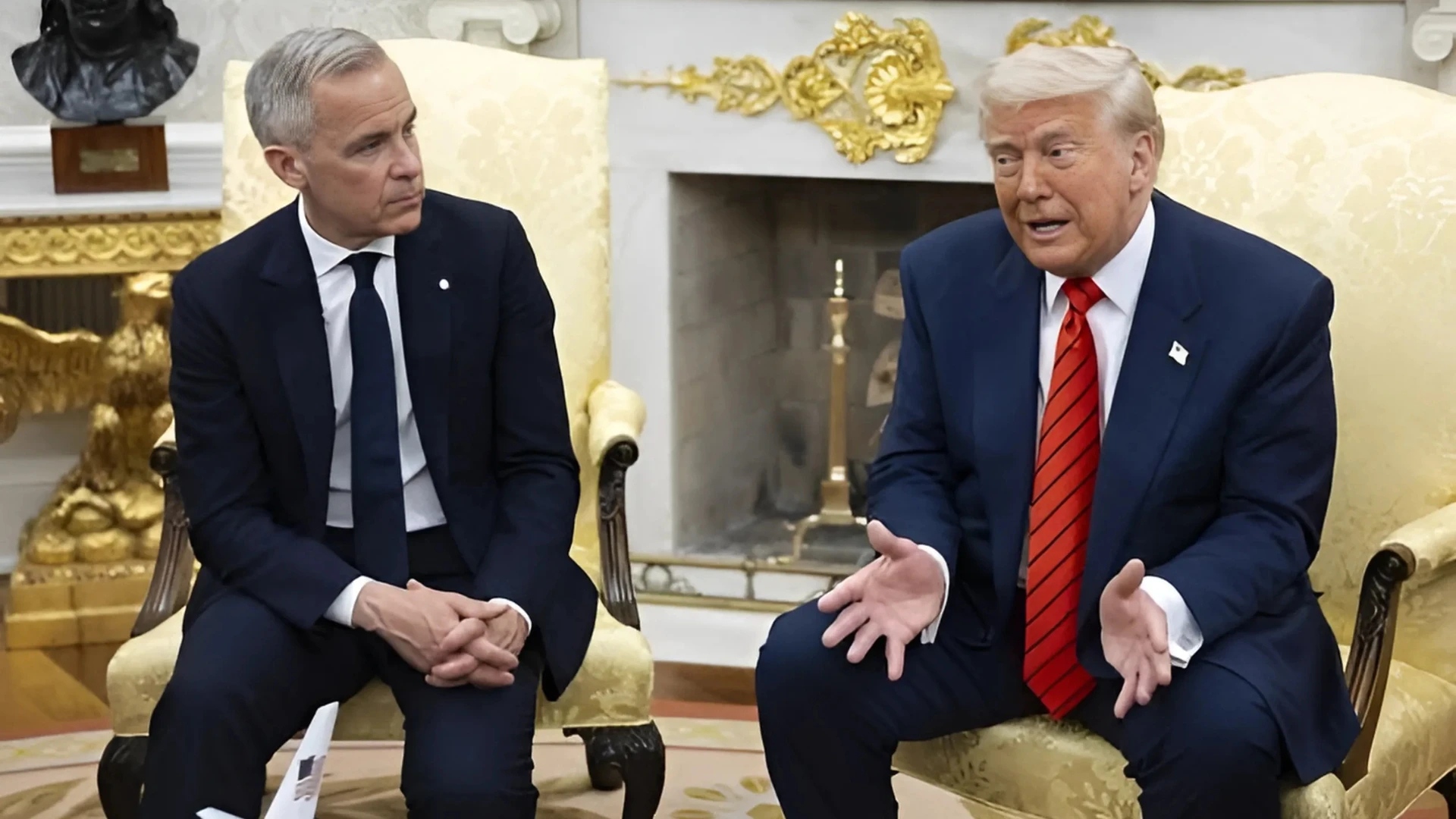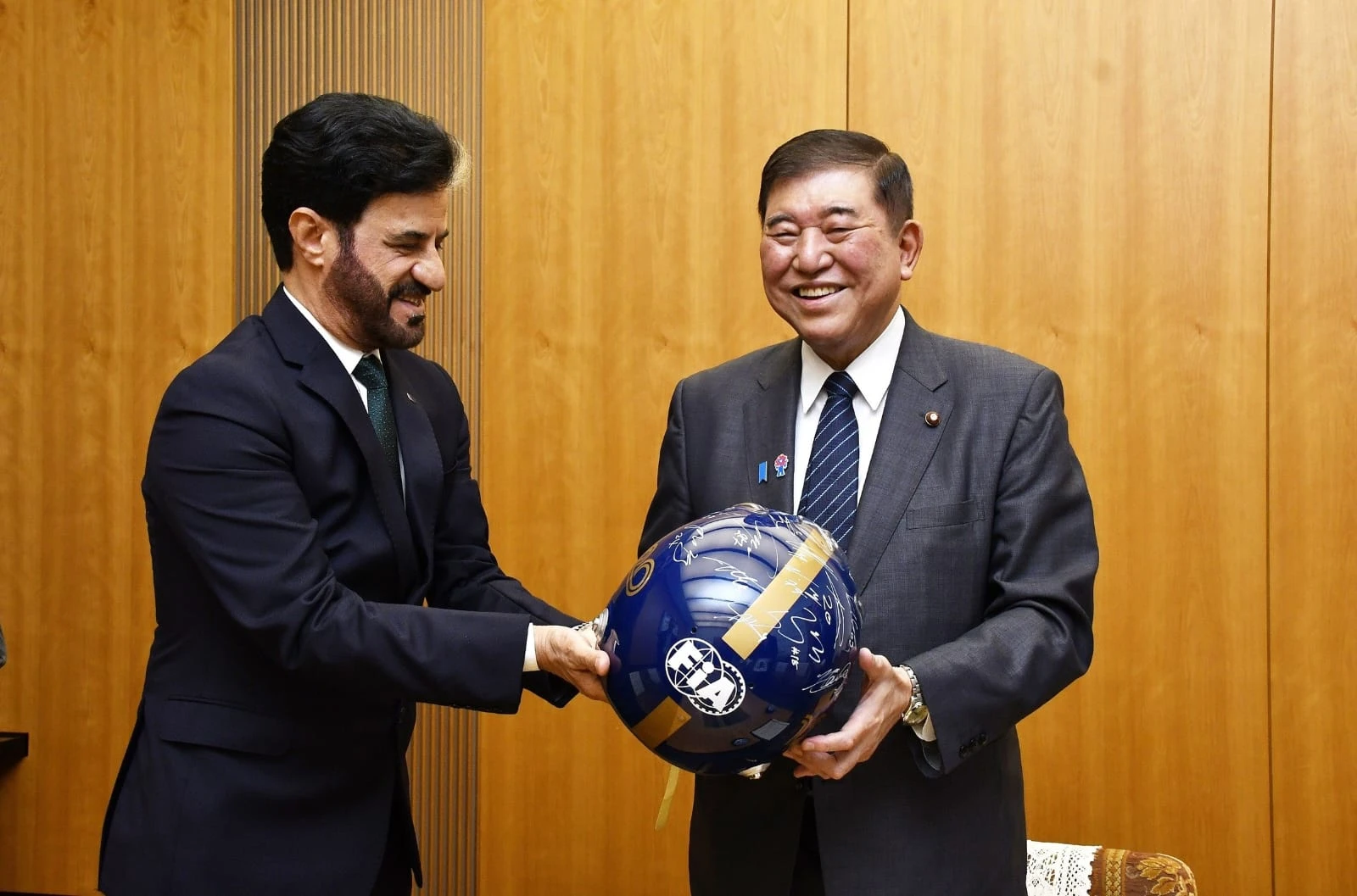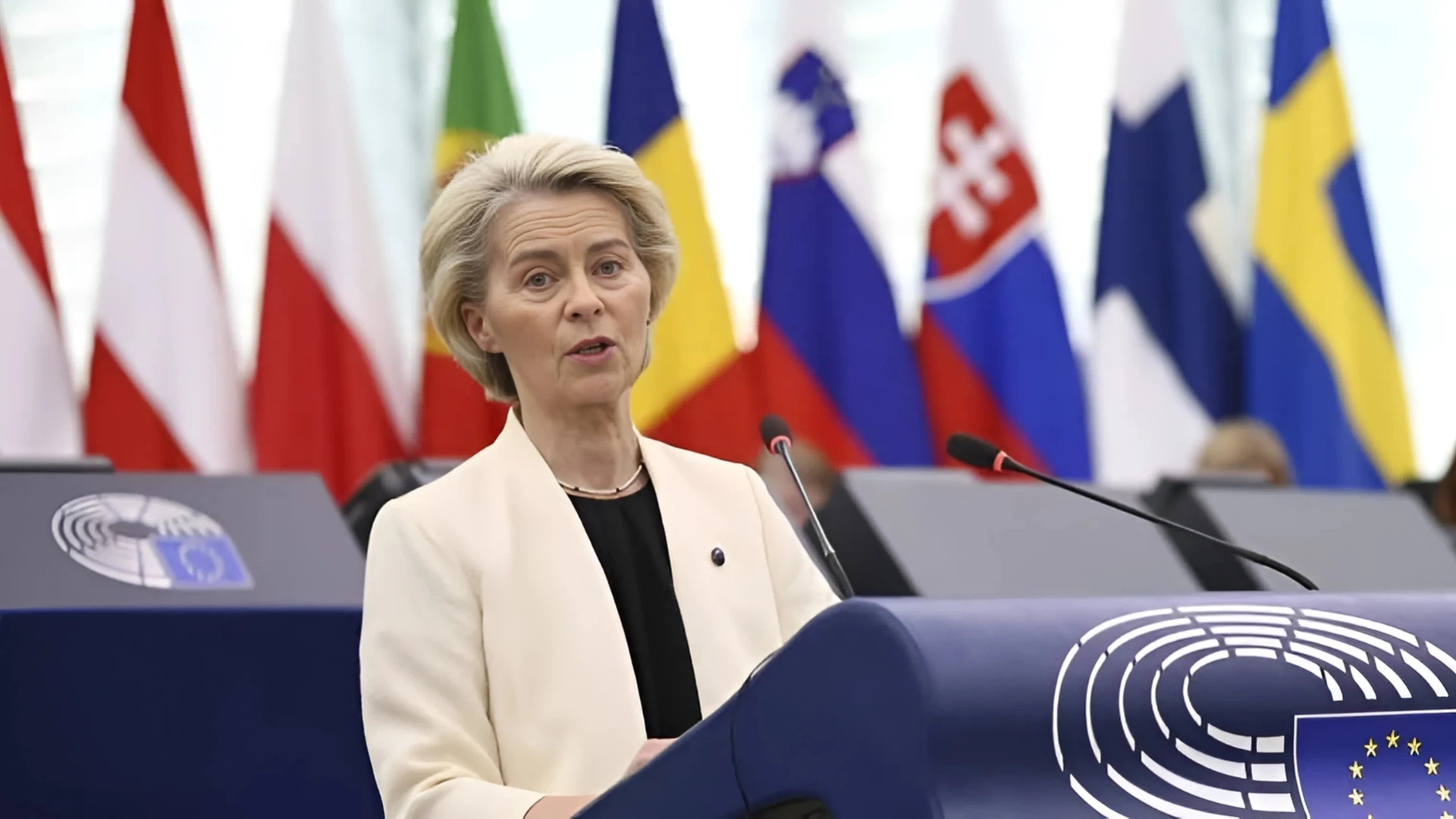Washington: President Donald Trump abruptly ended trade negotiations with Canada on Friday in response to its incoming digital services tax targeting major U.S. technology companies. Calling the tax a “direct and blatant attack” on the United States, Trump announced that his administration would unveil new tariffs on Canadian imports within a week.
The move threatens to upend U.S.-Canada relations, which had recently shown signs of improvement following a cordial G7 summit earlier in June. There, Trump and Canadian Prime Minister Mark Carney had agreed to finalize a new trade agreement within 30 days. That now appears in doubt.
Canada plans to begin collecting a 3% tax on digital revenues generated from Canadian users by large tech firms — including Amazon, Google, Meta, and Apple — starting Monday. The tax applies to revenue above $20 million and is retroactive to 2022.
Posting on his Truth Social platform, Trump condemned the tax and stated that all trade discussions with Canada were being terminated "effective immediately." Speaking to reporters, he accused Canada of being a difficult trading partner and warned that talks would not resume “until they straighten out their act,” boasting that the U.S. holds significant leverage.
Despite the abrupt announcement, U.S. markets weathered the shock. While stocks briefly dipped, both the S&P 500 and Nasdaq closed the week at record highs.
Canada, the largest buyer of U.S. exports and second only to Mexico in overall trade volume, responded diplomatically. Carney’s office said Ottawa remains committed to negotiations “in the best interests of Canadian workers and businesses.”
Treasury Secretary Scott Bessent sought to calm tensions, indicating that U.S. Trade Representative Jamieson Greer might launch a Section 301 investigation into the digital tax, potentially opening the door for retaliatory tariffs. He estimated the tax’s impact on U.S. firms at around $2 billion.
The dispute with Canada unfolds as the Trump administration intensifies global trade efforts. Bessent said talks with 18 key partners are progressing, with the administration aiming to finalize deals by Labor Day. Negotiations also continue with the EU, India, and Japan.
On the China front, Bessent announced progress on critical mineral trade. A revised agreement will allow resumed shipments of rare earth minerals and magnets from China — materials vital to sectors like defense, semiconductors, and aerospace. China had previously halted exports in retaliation for new U.S. tariffs.
Beijing confirmed that steps were underway to implement the Geneva agreement made in May, although it did not specifically mention rare earth exports.
Meanwhile, Trump hinted at further trade action. He told reporters the U.S. would soon send formal notices to trading partners about revised tariff rates, possibly as high as 25%, adding, “Congratulations. You’re paying 25%.”
Trade negotiations with India and Japan also remain active, with Japanese officials noting continued cooperation aimed at achieving a mutually beneficial deal.
Trump’s trade policy — marked by aggressive tariffs and rapid shifts — continues to inject uncertainty into global markets, even as the administration seeks to finalize a wide range of trade agreements before September.








